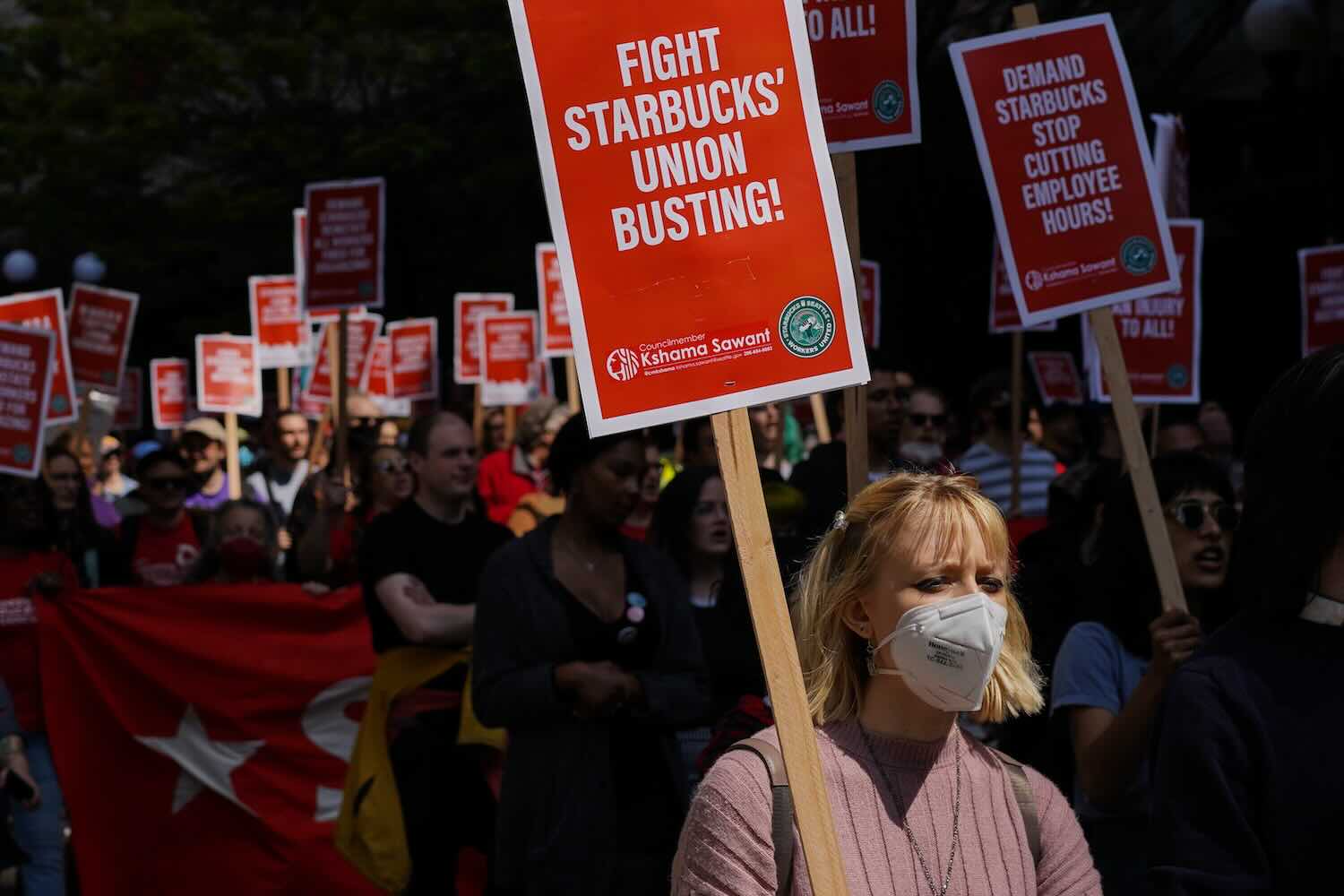ImpactAlpha, March 19 – The coronavirus is cratering industries from airlines to hotels. The most vulnerable may be local restaurants and retailers that are closing, voluntarily or not, to tamp the spread of the virus.
Main Street businesses employ millions but don’t have deep pockets – half have a cash buffer of less than 15 days – nor sway over policymakers.
Without fast and targeted action, we could face a “Main Street bloodbath that…will very soon decimate local economies across the country for a long time,” warn New Localism Advisors’ Bruce Katz, Blueprint Local’s Ross Baird and The Governance Project’s Colin Higgins.
They are among the voices calling for billions or trillions in emergency loans for small businesses.
Main Street recovery
Economic Innovation Group’s Adam Ozimek and John Lettieri call for an emergency small business loan program to provide long-term, zero-interest loans of up to $5 million, to be administered by banks.
“A well-designed policy will not only ensure that otherwise viable businesses survive the near-term disruption, but that they also emerge ready to drive a rapid, bottom-up Main Street recovery,” they write.
Rethinking relief
Current Small Business Administration programs are slow, complex and not suited for the current crisis, argue Katz, Baird and Higgins. In addition to banks, governments should enlist community development financial institutions as well as “rapid response” fintech lenders to deliver these loans, they suggest.
Cities and counties can organize “economic stabilization teams” of local government, landlords, banks, merchants, utilities, philanthropies and others to offer “short-term, focused relief,” including rental and mortgage relief.
Bridge loans for all
Short-term bridge loans, like those deployed by Open Road Alliance, help otherwise solid mission-driven enterprises through unexpected crises. The New York Times’ Andrew Ross Sorkin, who chronicled the 2008 bailouts, proposes the government offer five-year, no-interest bridge loans to every American business and every self-employed or gig worker. The condition: keep 90% of the business’s workforce at full pay.
The proposals do not address inequality and other systemic issues, acknowledges Sorkin. Once the economy is stabilized, he says, “we need to have a very serious, almost grave, conversation in the country with our political and business leaders about financial responsibility and our policies.”
Short-term loans are a safety net as social enterprises face an ‘unexpected OMG moment’











